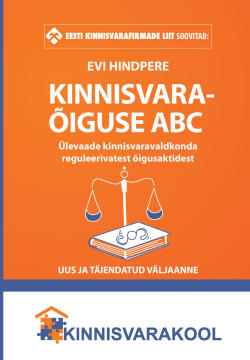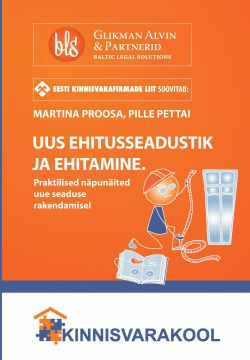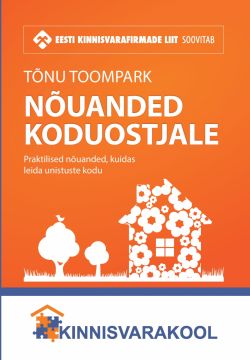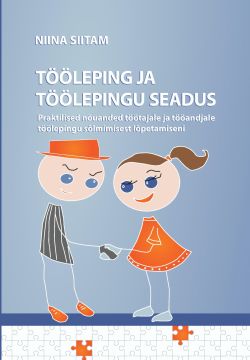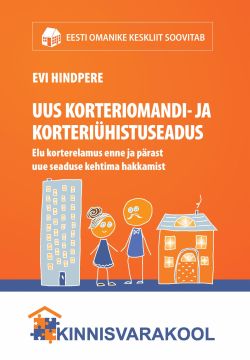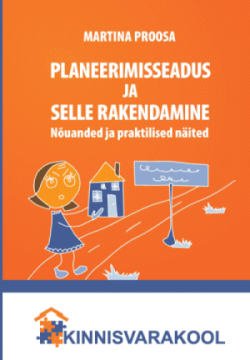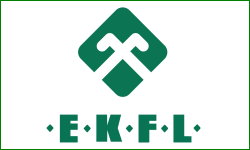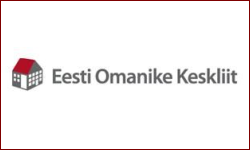 The economy heat index (EHI) rose rapidly over 2022. Rapid post-pandemic recovery and economic stimulus led to a strong growth in demand and a labour market recovery. Meanwhile, war-induced disruptions and energy shock adversely affected the supply side. Strong demand, combined with disrupted supply, caused the EHI to rise to the highest level in a decade. The weaker recovery in Latvia is reflected in its EHI, which rose to a cyclical high but is far below Estonia’s and Lithuania’s.
The economy heat index (EHI) rose rapidly over 2022. Rapid post-pandemic recovery and economic stimulus led to a strong growth in demand and a labour market recovery. Meanwhile, war-induced disruptions and energy shock adversely affected the supply side. Strong demand, combined with disrupted supply, caused the EHI to rise to the highest level in a decade. The weaker recovery in Latvia is reflected in its EHI, which rose to a cyclical high but is far below Estonia’s and Lithuania’s.
Last year was difficult for the Baltic economies in quite a few ways. Many industries were still affected by post-pandemic supply-chain disruptions, and the war in Ukraine disrupted the economies further. Some sectors had often been reliant on production imports from Russia, Belarus, and Ukraine, and sanctions meant that supply chains had to be rearranged rapidly at high cost. Furthermore, due to the high dependence on energy imports, the energy shock was quite hard on the Baltics
The rise in the EHI was primarily driven by very high inflation, but tight labour markets and widening current account deficits also contributed meaningfully. We are likely seeing the ‘peak overheating’ of this business cycle. Economic growth is slowing, which will dampen domestic demand; meanwhile, the respite in the ongoing energy crisis will reduce the cost pressures. We expect business cycle dynamics to develop more sustainably over 2023 -2024 and the EHI to return closer to the mean.






